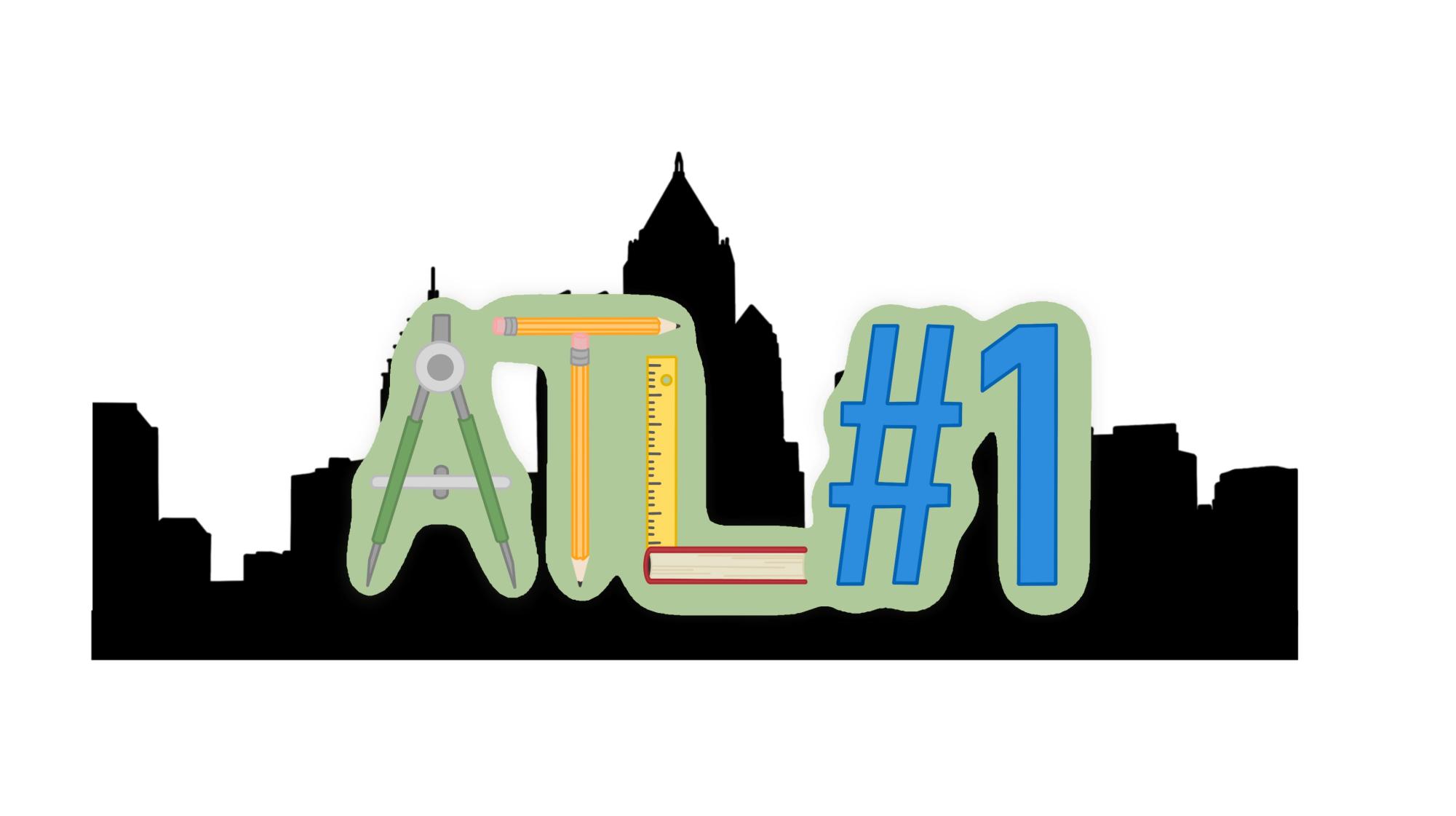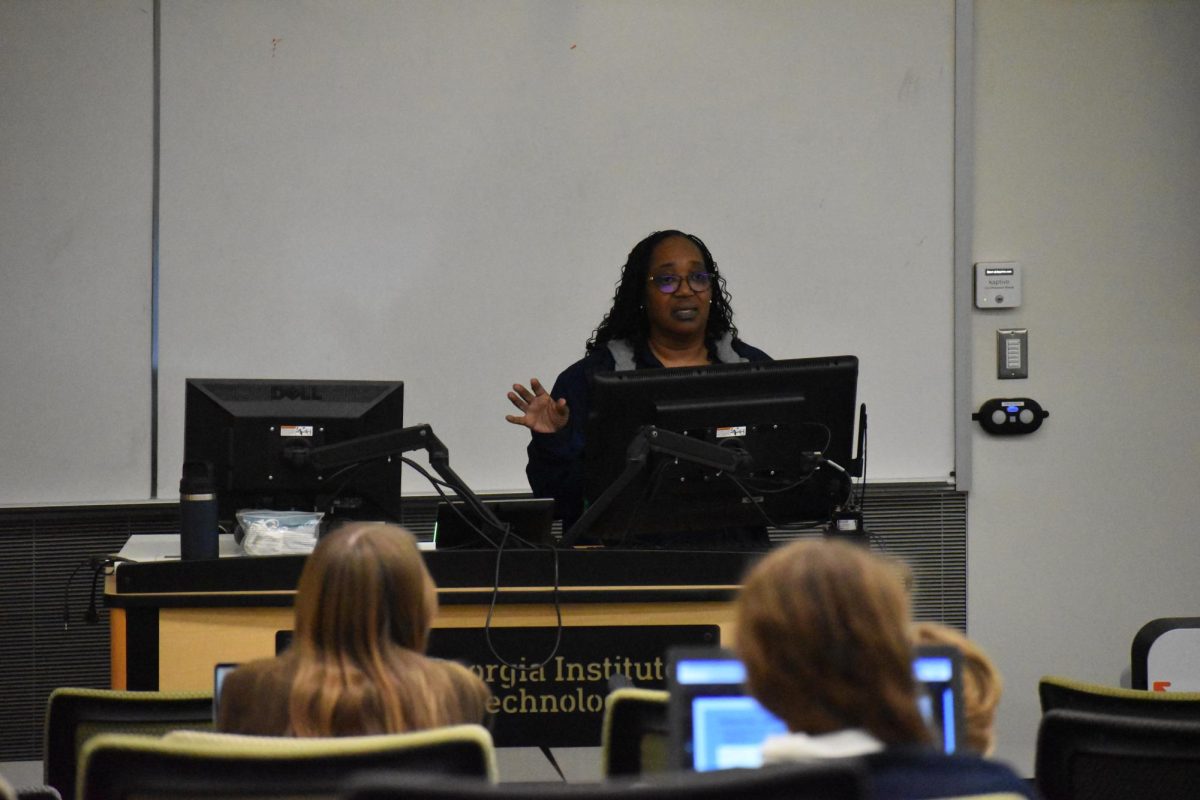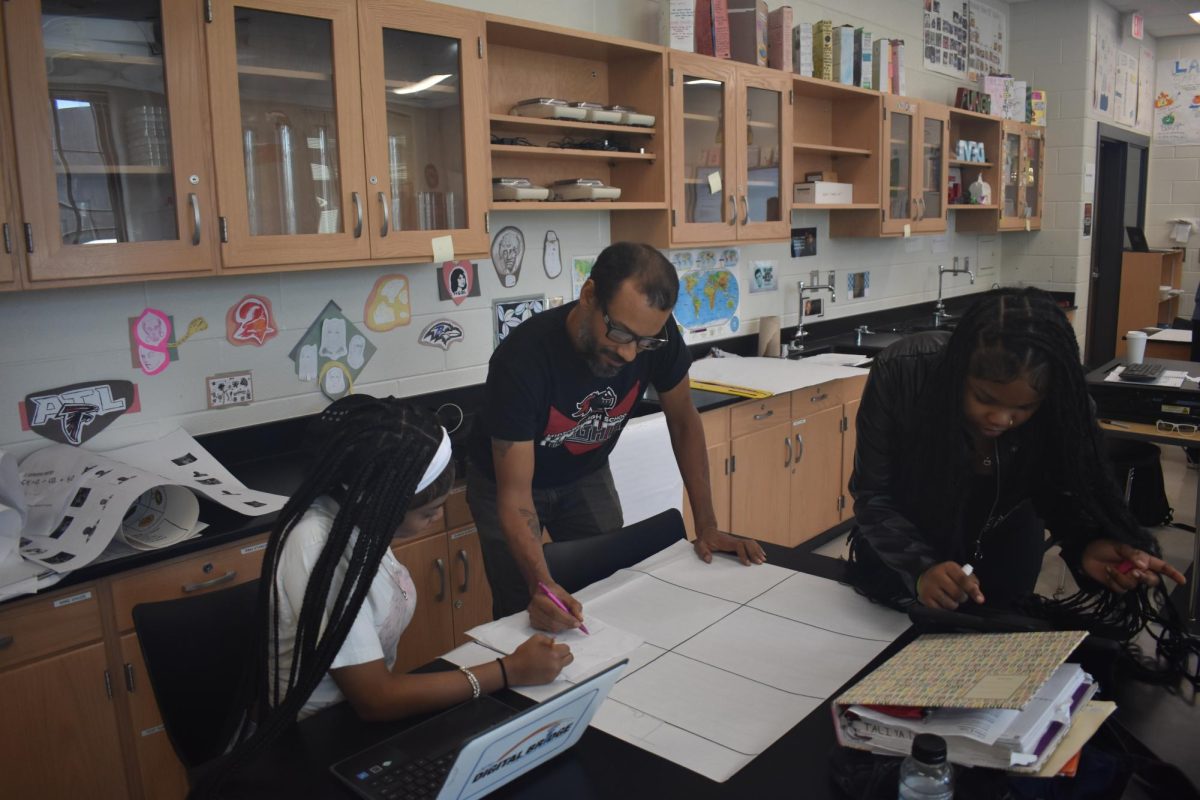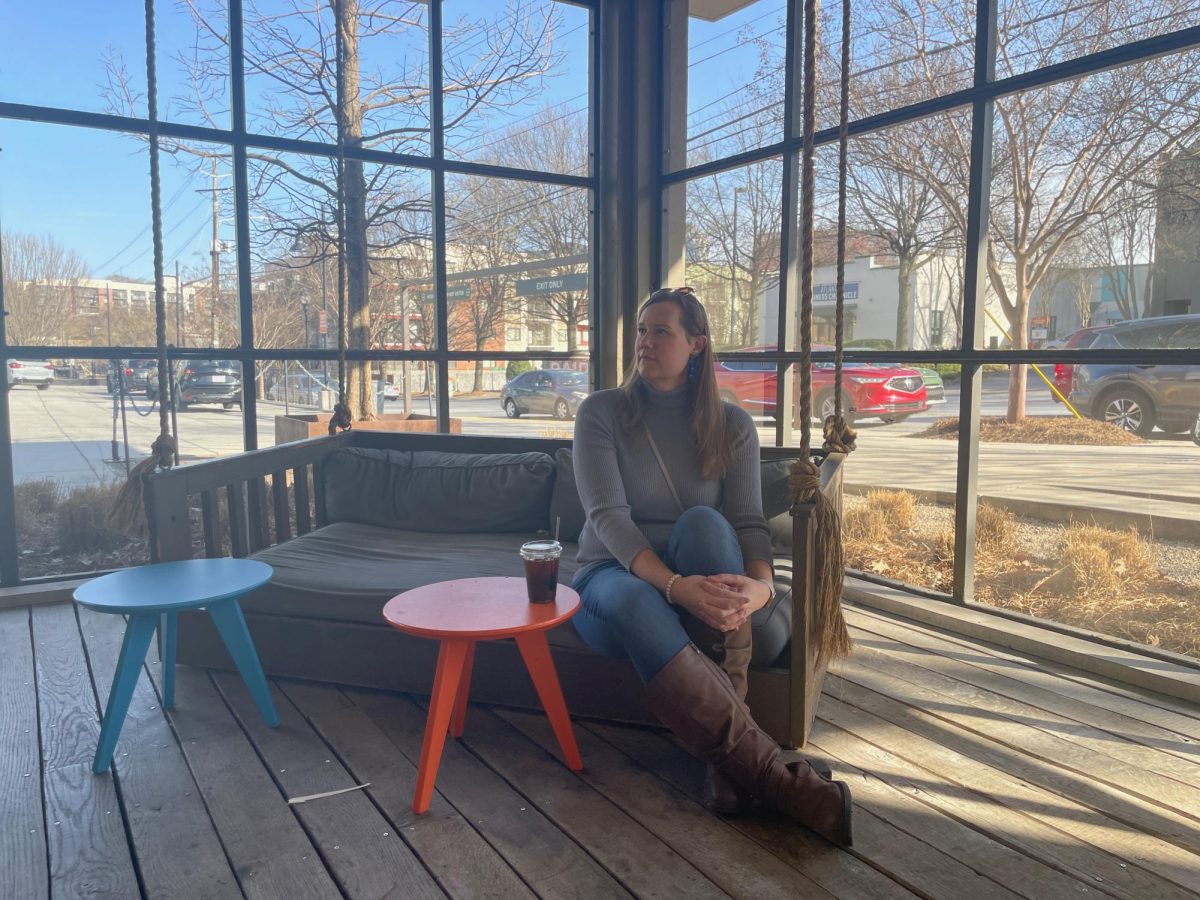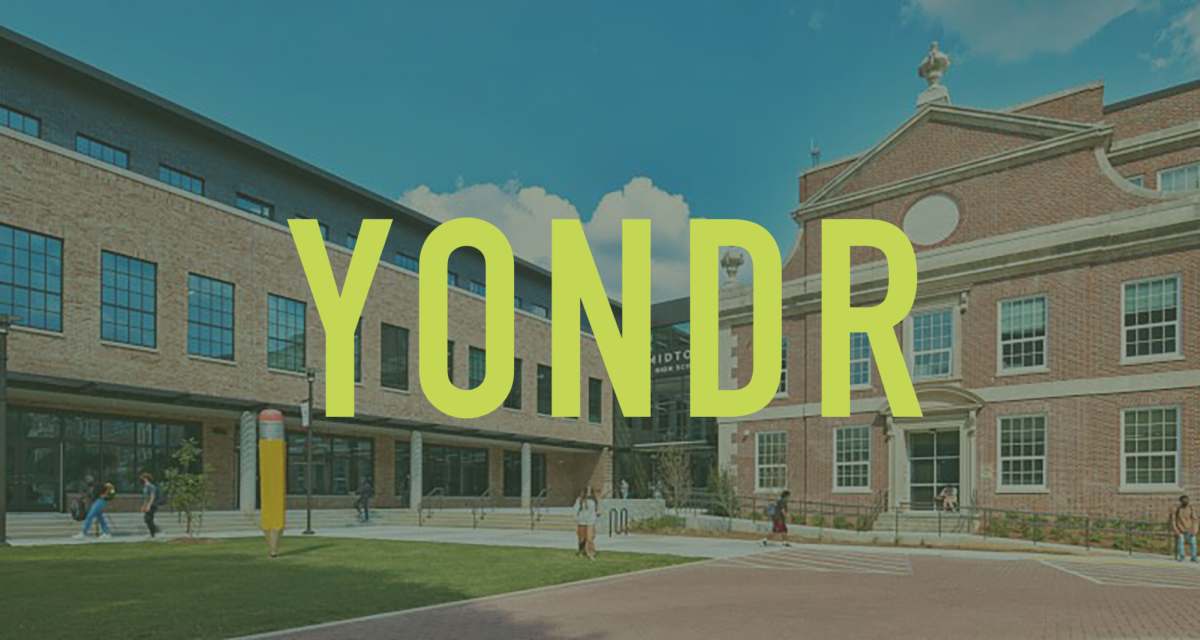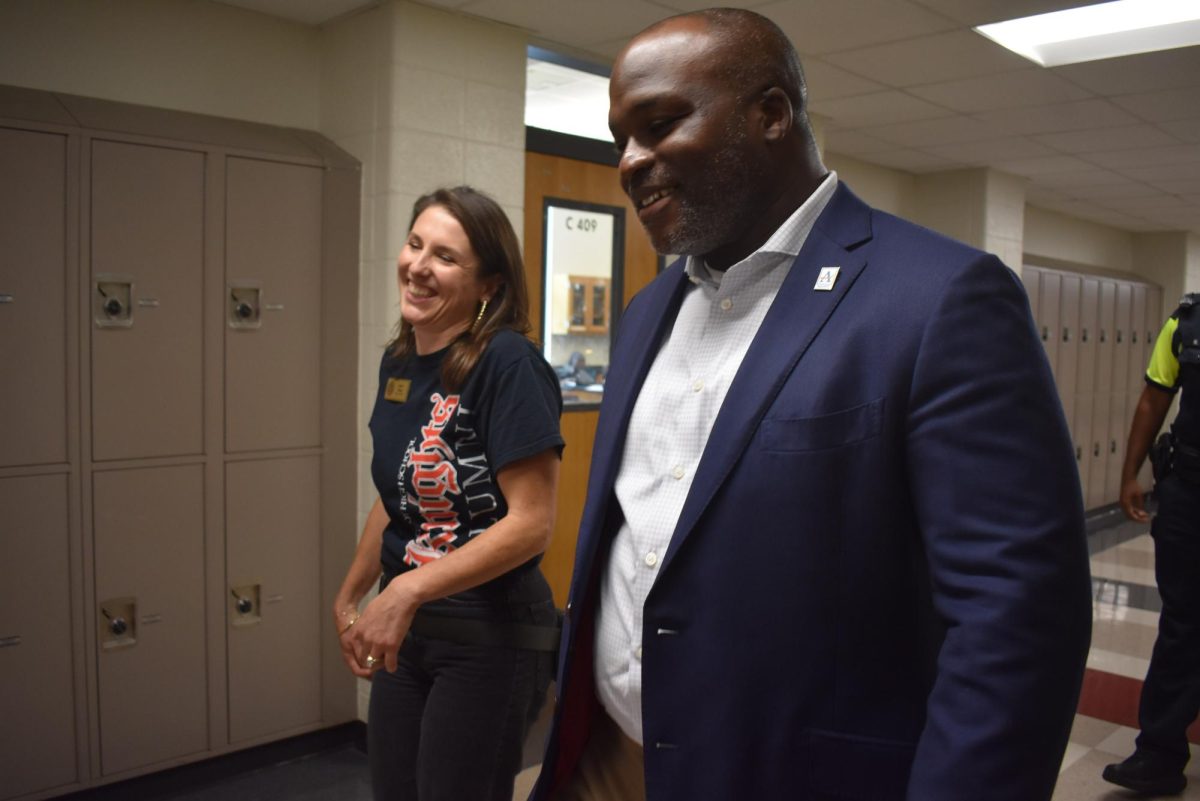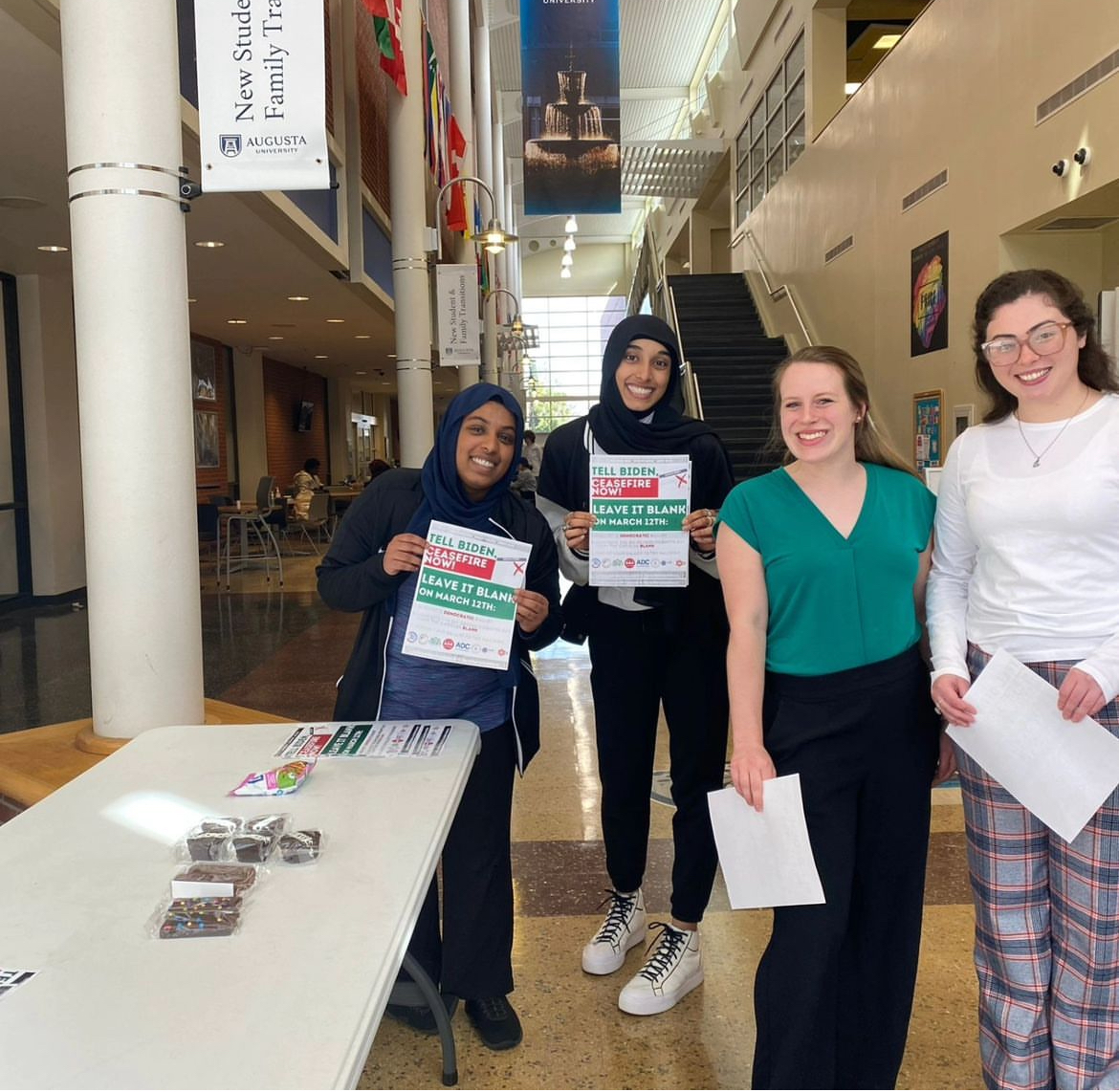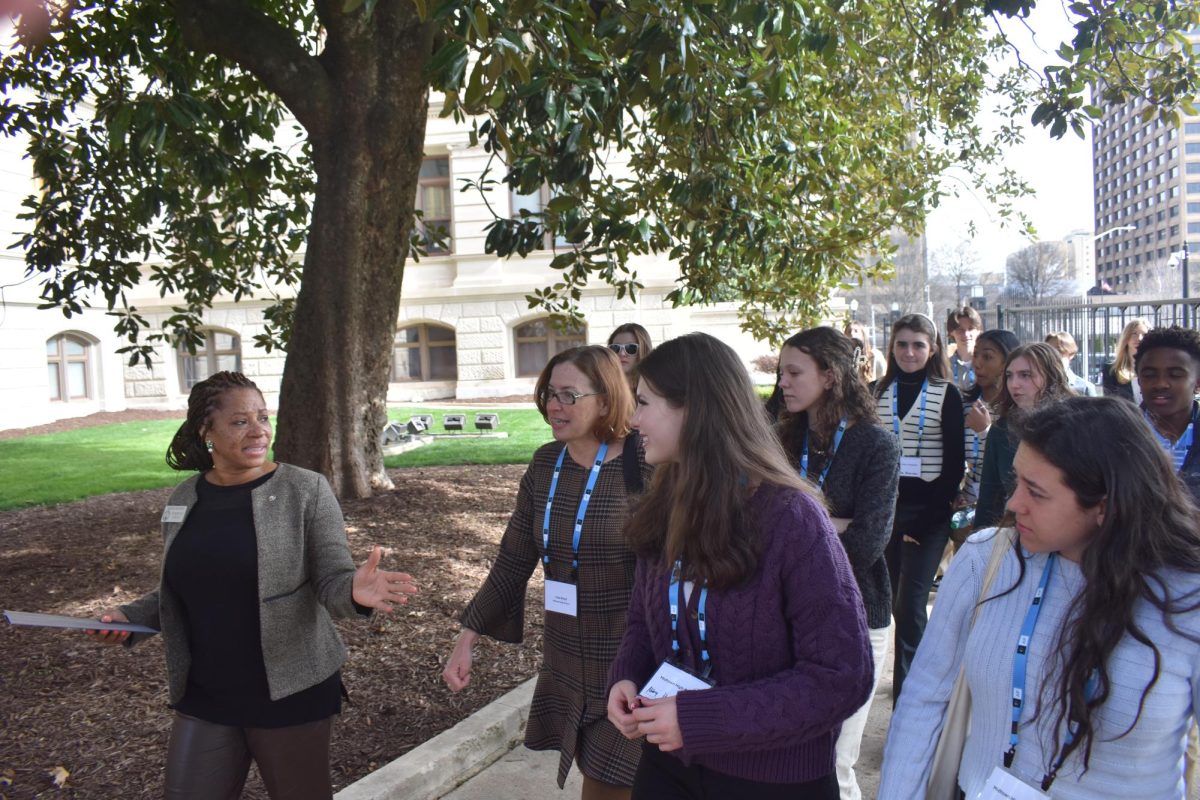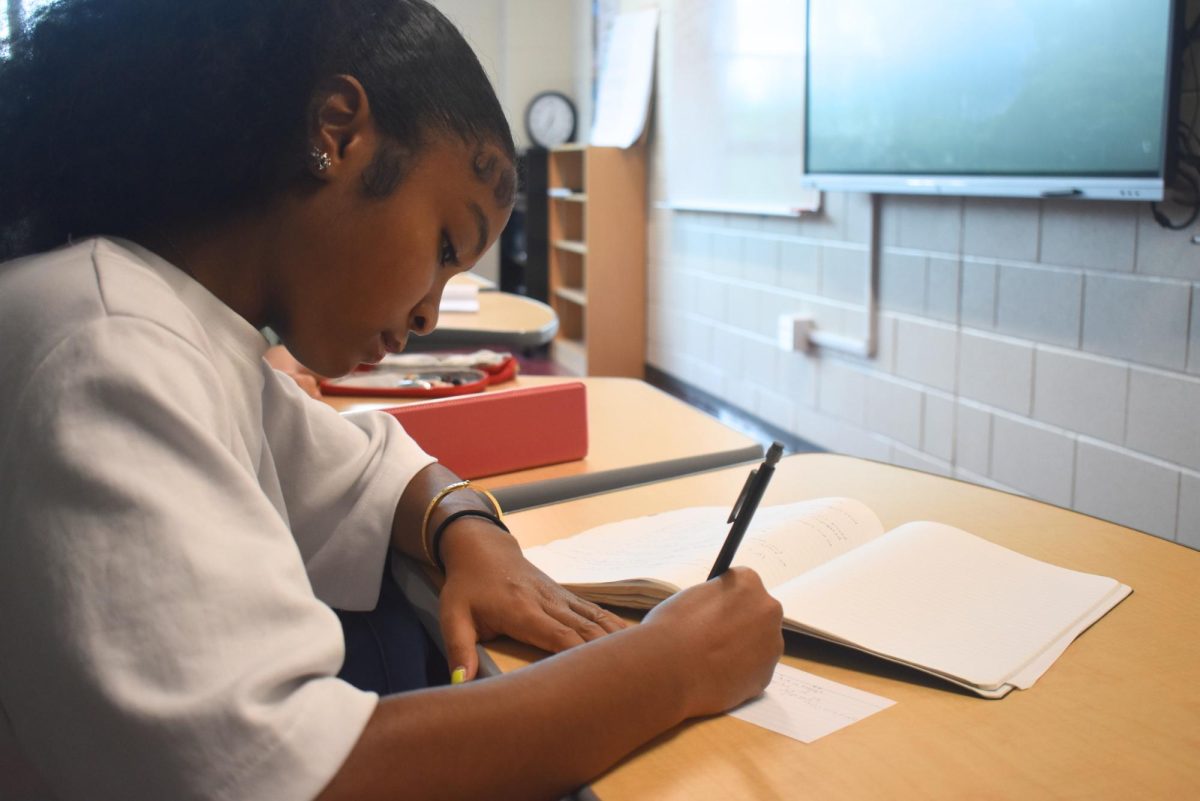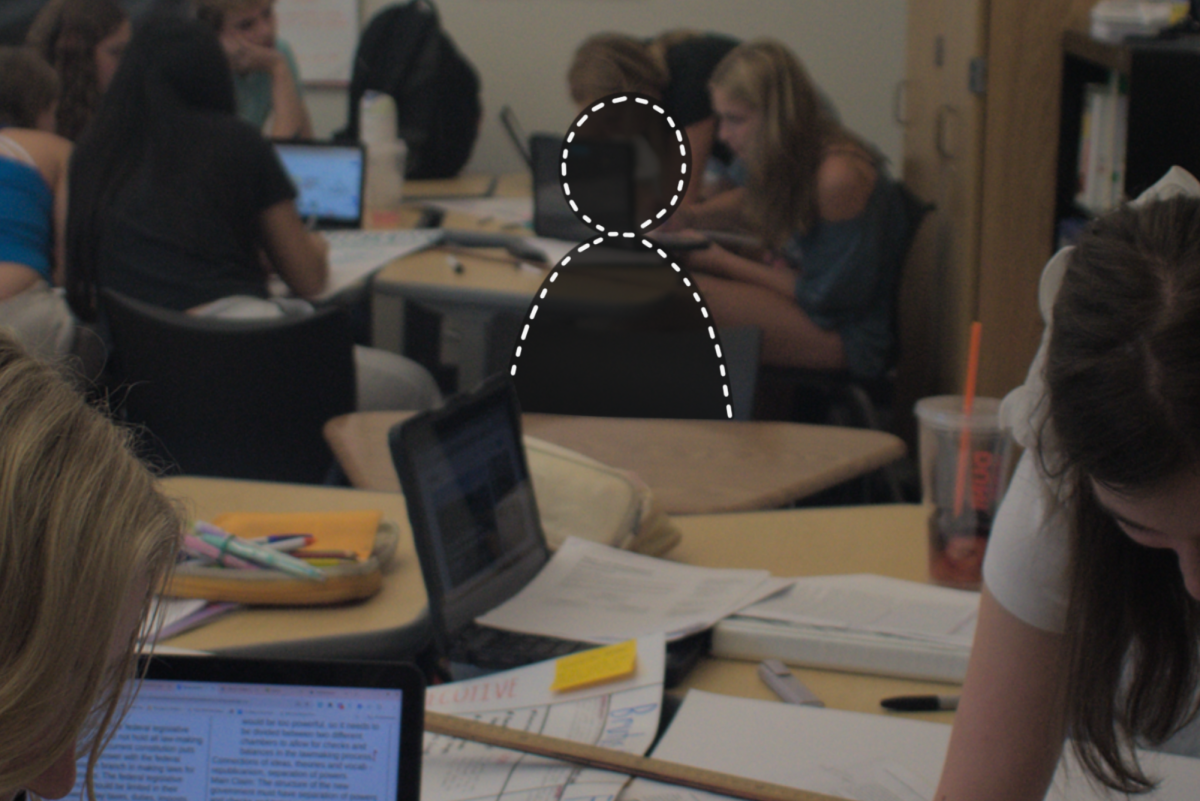Atlanta recognized first in educated cities by Forbes
In Forbes’ 2024 ‘List for Most Educated Cities’ study, Atlanta was ranked the most educated city in the United States.
Forbes’s ranking was based on a variety of factors, including concentration of college graduates, high school dropout rates, graduate degree attainment rates, bachelor’s degree attainment rates and racial and gender gaps in degree completion rates.
Iretta Kearse, a senior lecturer in the Computer Science Department at Georgia Tech, believes the ranking marks a recognition of Atlanta’s education throughout history.
“Atlanta has always taken pride in its education from K-12 to the higher level,” Kearse said. “With the South historically having the reputation of being less educated, there was a push to ensure that Atlanta seemed educated over other parts of the South.”
Atlanta has a large population of educated citizens, mostly due to the city’s many universities. Forbes’ study directly recognized this, attributing educational success to colleges like Emory University, Georgia Tech and Georgia State University.
Midtown history teacher Kelly Wren believes Atlanta’s universities are the primary reason for the ranking.
“Atlanta is a growing mecca of opportunity,” Wren said. “We have several highly-ranked colleges and universities located right here in the heart of our city. The universities bring people here, and once they experience what Atlanta has to offer, they stay. Many graduates of our local universities are choosing to stay here and contribute to our community in meaningful ways.”
Kearse agrees and believes the many colleges in Atlanta contributed greatly to the ranking.
“I wasn’t surprised that Atlanta was ranked first because of the several institutions of higher education in the metro area,” Kearse said. “There are a plethora of institutions: state institutions, private institutions, liberal arts institutions, historic institutions, two-year schools and four-year schools.”
Assistant Principal Carrie MacBrien was attracted to Atlanta because of the opportunities for higher education in the city.
“Personally, it was higher education that brought me to Atlanta,” MacBrien said. “I grew up in a small town in Connecticut and came to Atlanta to study at Emory. I fell in love with the city and started teaching in Atlanta Public Schools, which deepened my love and appreciation for this city. I went back to Emory while teaching and obtained my master’s degree, and I now have no plans to leave.”
According to Kearse, her department aims to guarantee that all students receive exemplary education.
“At the School of Computing Instruction at Georgia Tech, our mandate is teaching, not research,” Kearse said. “We ensure that all students, whether visual learners, auditory learners or kinetic learners, are educated, which is my focus and priority. Our goal is student-focused education.”
Kearse also believes that collegiate education drives the tech sector in Atlanta.
“Right near Georgia Tech is the Tech Square, where many tech companies have their headquarters,” Kearse said. “When we have the Tech Square just around the corner from Georgia Tech, it speaks well to the fact that we produce excellent students that companies want.”
However, the study pointed out an alarming issue in Atlanta: the racial gap in bachelor’s degree attainment is -22.32%. This wide gap indicates that people of color have a 22.32% lower bachelor’s degree attainment rate than white people.
Nonetheless, Atlanta still celebrates significant achievements in educational diversity. According to a study by the Metro Atlanta Chamber, Metro Atlanta has the second largest Black population with a bachelor’s degree or higher. MacBrien believes this statistic corresponds with the Historically Black Colleges and Universities in the city, which are not acknowledged in the ranking.
“While Forbes mentions that Atlanta has ‘major colleges like Emory University, Georgia Institute and Technology, and Georgia State University,’ it neglects to mention other fine institutions, including Spelman and Morehouse,” MacBrien said. “These schools draw students from around the country who want to attend an HBCU in a city with such a rich history, especially regarding the Civil Rights Movement.”
Not only that, but other universities in Atlanta also contribute to its diversity. According to the same study by the Metro Atlanta Chamber, Georgia Tech graduates the second-most Black engineers of any public university in the nation.
“Because we have a large diverse population at Georgia Tech, we provide a large diverse population of employable workers, and this is always good for the education of the city,” Kearse said.
Along with the many universities and industries located in Atlanta, Atlanta Public Schools also play a role, according to school board Chair Erika Mitchell.
“Atlanta’s school board plays a major role in Atlanta’s education because we are the governing body of APS,” Mitchell said. “We have the oversight of the overall district, whether it is approving a budget, establishing policy, hiring the superintendent or setting goals to help prepare our students for college and careers.
According to Mitchell, the development of APS policies is important in maintaining education that provides students with modern skills and prepares them for college and beyond.
“As the world changes and as people become more innovative, APS policies will change to meet the standards of where the future is going,” Mitchell said. “Policy development is key; we want to make sure we have programs that give students 21st-century skills when they leave high school. Continuing to develop policy that serves students, is innovative and drives the district forward, is really important.”
Within APS, Midtown plays a role in Atlanta’s education by providing high school students a foundation as they move into college and the workforce. Math teacher Talyssa Hunter said Midtown is critical in cultivating educated students.
“High schools, especially ones like Midtown, contribute significantly by providing rigorous academic programs, fostering a supportive learning environment and promoting critical thinking and collaboration among students,” Hunter said. “This helps cultivate skills that are essential for success in college and beyond.”
Hunter thinks much of Midtown’s success in education can be attributed to Midtown’s teachers and staff; she believes teachers, including herself, are vital in building Atlanta’s education.
“Teachers play a crucial role in student success,” Hunter said. “Personally, I’ve written 20 college recommendations for prestigious universities, and I’m confident that most of my students will gain admission. We do more than just teach content; we inspire and mentor students, fostering a genuine love for learning.”
Along with teachers, the administration is also critical in the education of students.
“In addition to supporting the academic program, teachers and the overall functioning of the school, I support students by empowering them with the knowledge that if they want something badly enough, it may require hard work to achieve it,” MacBrien said. “I help students by building the skills needed for success, not just in academics, but in their careers and life.”
MacBrien believes Midtown’s role in education allows for the development of successful and determined students.
“Midtown strives to build curiosity and help students understand that formally building skills and knowledge will help them achieve the futures that they dream for themselves,” MacBrien said. “It is this curiosity and understanding that leads students to pursue education beyond high school.”
Senior Carys Brightwell is one of the presidents and founders of Midtown’s new AP Education Advocacy club that aims to empower students to make a difference in their education. Brightwell said the club represents students’ aspirations to learn.
“By encouraging students to speak their minds and work with others, we represent a student body that is aware of the challenges Midtown faces, and are committed to solving as many as we can,” Brightwell said.
AP Education Advocacy club allows students to voice their opinions on their education and thus make a difference in the education they receive.
“We want to give students a voice because we are often underrepresented in educational settings, even though we are the ones directly affected by policy changes,” Brightwell said. “Education Advocacy has the potential to change not just Midtown, but Atlanta, as well. By addressing student issues, we can ensure that our school stays responsive to our needs.”
Forbes’s ranking underlines the quality of education in Atlanta, bringing increased awareness to the academic sector of the city. Hunter believes the appreciation for Atlanta’s schooling will result in beneficial advancements.
“I am thrilled that Atlanta has received this recognition because it highlights the hard work of educators, students and families,” Hunter said. “It sets a positive precedent and encourages continuous improvement in our educational systems.”
Mitchell also believes the acknowledgment will prove useful to the growth of education in Atlanta.
“There’s always room for opportunity; there’s always room for improvement, and there’s always room to be the best city for education,” Mitchell said. “Now that we have the foundation from the recognition, it’s time to take off.”




